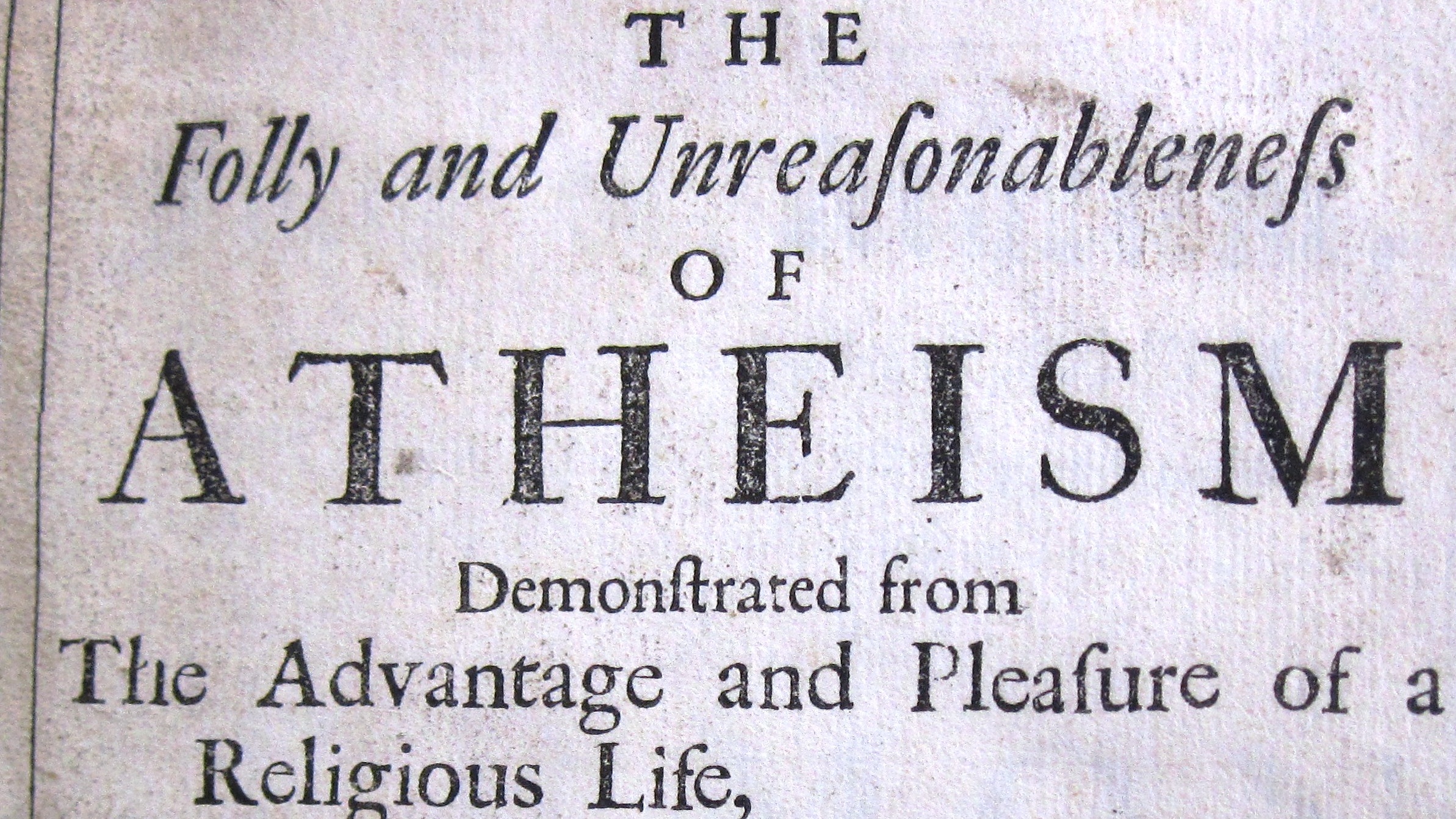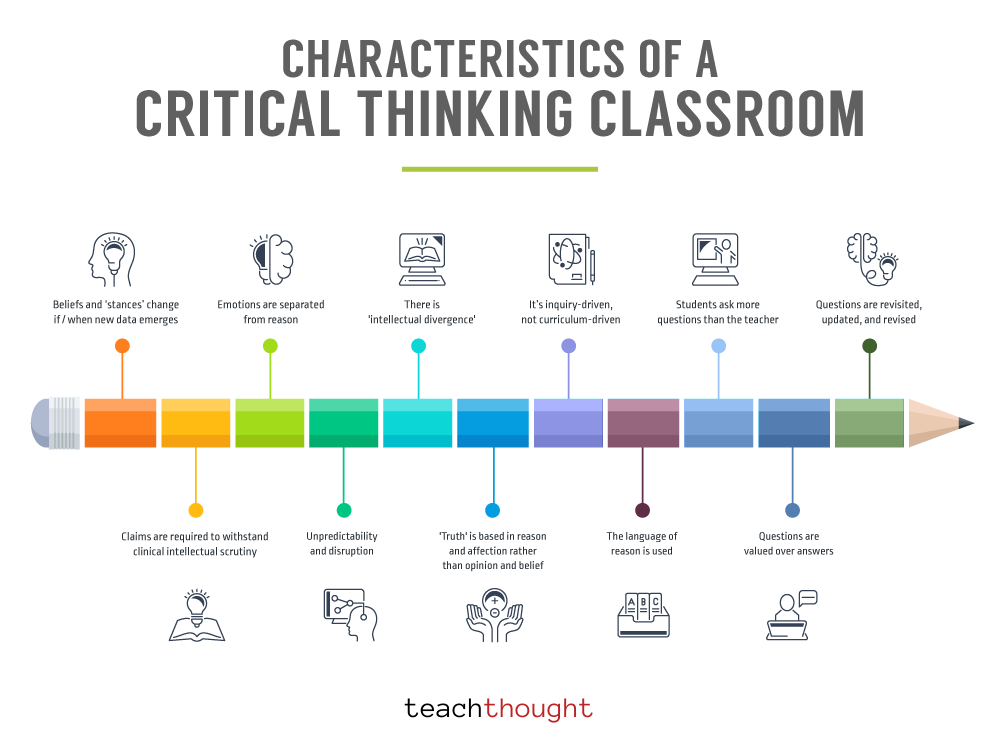A Vestigial Mote
Well-Known Member
I only have one question, honestly. What is "pleafure?" Could this be the thing that I have been missing to make me turn to a religious life?
Welcome to Religious Forums, a friendly forum to discuss all religions in a friendly surrounding.
Your voice is missing! You will need to register to get access to the following site features:We hope to see you as a part of our community soon!
I think in time we can learn that belief is unnecessary. Observation, reason, and a few clear ethical imperatives will suffice just fine, without it. Faith is necessary, because we are not omniscient. But belief is not. It's that focus on belief rather than on faith that causes religion to fail in the face of critical thinking.It is a question, is belief necessary... Not sure everyone will agree.
In the beginning, from a place of ignorance belief is certainly necessary. Eventually though, our initial beliefs find rational support or they do not. Should a belief one can not rationally support be held onto?
I think not, but what one sees as rational varies amongst friends.
A counter explanation? Well, one can make assumptions just like what you presented.
50% of those who are in the science field believe in God. That means a field that by default requires you to have naturalism as a methodology has 50% God believers. This will never happen in a church where you are required to have God belief as default. Almost 100% could be assumed theists in a church. Thus, science, drives you to believe in God even though methodologically you are supposed to have naturalism.
Thats one assumption.
Well I came to my pantheistic view through critical thinking so I will answer 'Yes'.Can critical thinking and belief in God coexist?
Some scientists secretly believe in God or would believe in God if not for the fact that there is the stigma that you aren't a good scientist if you believe in God or even that you're stupid. It's peer pressure.
Source? Oh, you have none? How would you know? Have many atheistic scientists confided in you?
Your comment is based on wishful thinking It is not based on critical thinking. It is a good example of what this thread is about.
Call it a theory then because I'm using critical thinking to come to this opinion rather than wishful thinking as you claim.
Scholars now consider him a Nontrinitarian Arian. In 2019,
Having dismissed one God via critical thinking it would seem likely to lead the dismissal of other Gods. The beginning of a pattern or at least the potential for one.
Funny.I'm the splinter your mind; the nagging doubt. You think you have all the answers until I question everything you thought you knew. Deal with it.
Naturalism doesn't require specific position on God's existence.
I think a more likely explanation would be peer pressure.
A child often desires to please their parent or teacher or friends and so on. Its not religious indoctrination until doctrine is introduced as something desirable to believe in. Desire is an underlying wheel in the thing.
Indoctrination is something done to political enemies in which you break them down into children eager to please you. Its an evil thing. Parenthood is not evil.Usually. My opinion.
I only have one question, honestly. What is "pleafure?" Could this be the thing that I have been missing to make me turn to a religious life?
Well I came to my pantheistic view through critical thinking so I will answer 'Yes'.
I think critical thinking will lead person to God. It can be possible to believe in God, without critical thinking, but I don’t think anyone who is truly critical can say "God does not exist".
But, I would like to hear, was for example Newton critical thinker?
Which means, after all the training, of selected people who come into this field knowing the naturalism applied in science, half of them are moving towards believing in God. That means science leads people to God.
Being a minority, or 50% of the population does not mean they are not critical thinkers. If there was 10% of scientists that are theists, then still one could assume that they are the most critical thinkers.
Critical thinking often stops when it comes into conflict with deeply ingrained religious beliefs. Newton is a good example.There is no indication from any research that anyones belief in God hinders their critical thinking.
Advaita Vedanta =(Hindu philosophy) non-dual (God and creation are not-two)Pantheism, does that mean you see the universe having intelligence and having consciousness?
If so, what led you to this conclusion?
First cause was the so-called paranormal phenomena that showed consciousness can exist without a physical brain.If so, what led you to this conclusion?
The word "theist" is so vague as to be almost meaningless.
Critical thinking often stops when it comes into conflict with deeply ingrained religious beliefs. Newton is a good example.
Yes.The results might help explain why scientists are among the least religious. According to a 2009 Pew poll, only about half of scientists believe in God or a higher deity, compared to more than 80 percent of the general public.
"The results don't speak directly to it, but it could explain why people who receive extensive training in fields that require deep analytic thinking might tend to be among the least religious," he says.
Although critical analysis of life's origins might be one thing that convinces atheists to lack faith in God, Gervais says there are many other reasons that need to be explored.
https://www.usnews.com/news/article...itical-thinkers-less-likely-to-believe-in-god
Can critical thinking and belief in God coexist?

Can critical thinking and belief in God coexist?
Nah. I'm pretty sure at least most of the other half of scientists are very capable of being scientists.Can critical thinking and belief in God coexist?
